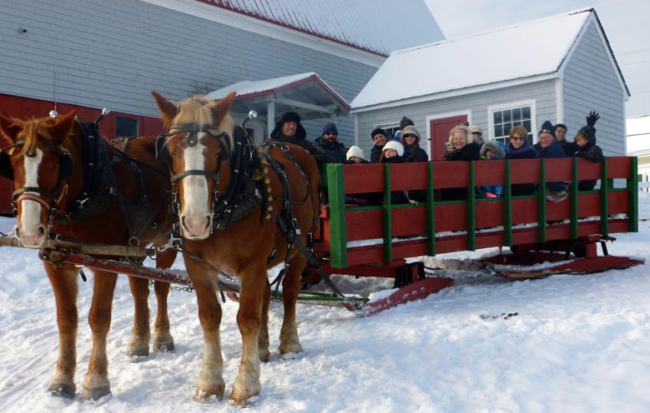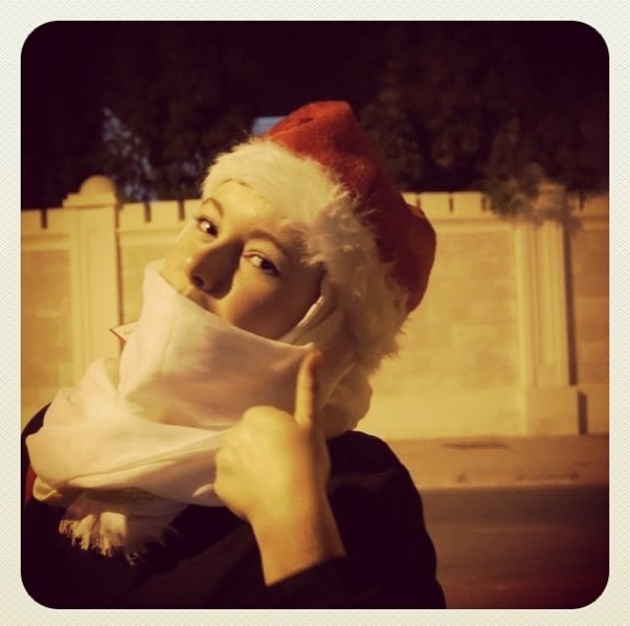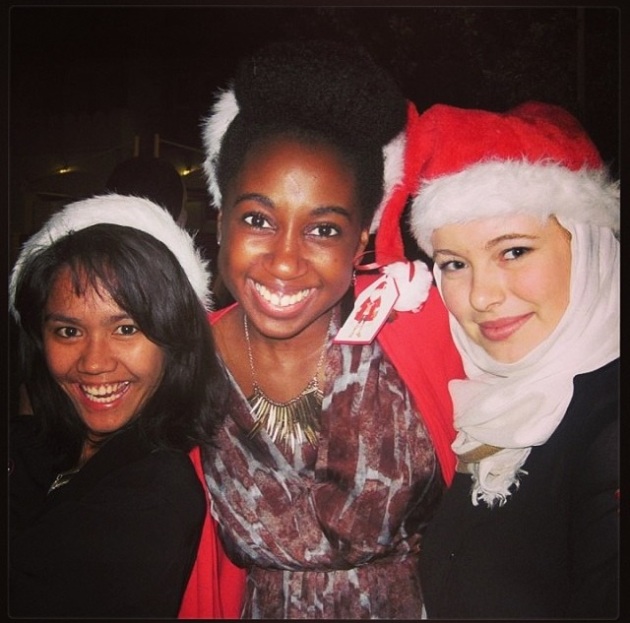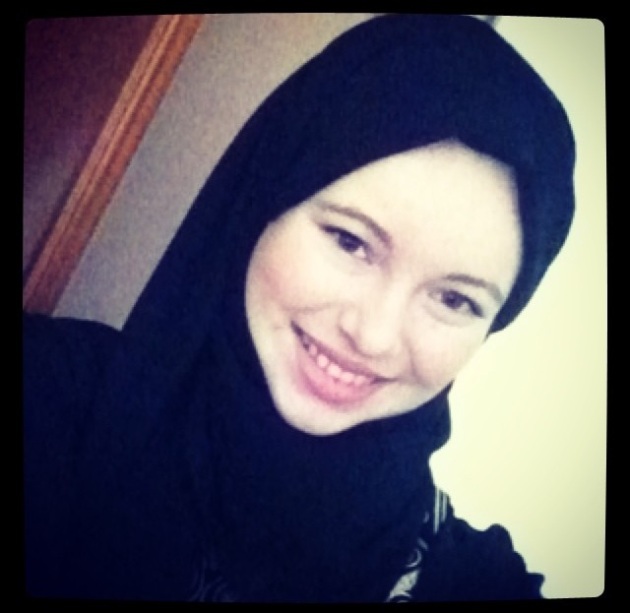Note: While reading this post, remember that I am not Muslim, and I am far from being an expert on Islam. Please tell me if there is anything that is incorrect, and I apologize for any mistakes I may have made.
———–
Islam is an incredibly intricate and interesting religion, but unfortunately one of the most misunderstood. The teachings of Islam are very different from what many people may think- Islam is a religion of peace, not hate. Here I will have to take a moment to bring in some Arabic to support this. Don’t worry, this relates- wait for it! In Arabic, all words are made up of a root- a group of generally three consonants that provide a clue to the meaning of the word. Words with the same root have similar meanings. In the case of Islam, the root is the same as the word for peace: salaam. The word “Islam” does not have an official translation, but this shows that the meaning of Islam is very similar to “peace”. Maybe it’s just because of my fascination with Arabic, but I found this very interesting!
Even before I came to Oman or even began dreaming about studying abroad, I had an unexplainable interest in Islam. I remember taking book after book out from the library in the sixth grade about the pillars of Islam and the teachings of the Qur’an. However, only since I came to Oman did my knowledge of the religion which approximately one quarter of the world’s population believes in began to expand. Reading about Islam and talking to Muslims about their faith has been incredibly enlightening. Islam shares many of the beliefs of Judaism and Christianity; in fact, the followers both of these religions are mentioned in the Qur’an as “people of the Book”. Along with Christianity and Judaism, Islam is a monotheistic, Abrahamic religion. The three faiths share many of the same influential figures, such as Moses, Abraham, and Jesus, to name a few. The main difference between them is that Islam recognizes Muhammad as the last messenger of God, and the Qur’an as its holy book. Islam is a widely practiced faith, with many lessons for believers and non-believers alike.
While I cannot go into depth in regards to the teachings of the Qur’an, there are a few passages that I want to share. When I first began to tell my classmates that I was going abroad to Oman, most of them told me not to get killed. While this was usually said in jest, I began to realize that many people equated Muslims with terrorists. In recent years, Islam has come to be equated with terrorism, though this couldn’t be further from the truth. Yusuf Islam, formerly known as Cat Stevens, said about the September 11th attacks: “Not only did the terrorists hijack planes and destroy life, but they also hijacked the peaceful religion of Islam and split the brother and sisterhood of mankind.” The biggest misconception about Islam is that it promotes the killing of innocent people. In reality, the Qur’an emphasizes the sanctity of life, and even goes as far as to equate one life with all of humanity in Surah Al-Maeda: “…if any one slew a person – unless it be for murder or for spreading mischief in the land – it would be as if he slew the whole people: and if any one saved a life, it would be as if he saved the life of the whole people.” (Al- Quran 5:32). The Qur’an explicitly forbids the taking of human life in Surah Al-An’am: “…take not life, which God hath made sacred, except by way of justice and law: thus doth He command you, that ye may learn wisdom.” Terrorism is not a teaching of Islam, and cannot be excused using the Qur’an. The killing of innocent people is not permissible. If people heard this passages, rather than the messages the media promotes, Islam would be more understood and accepted.










